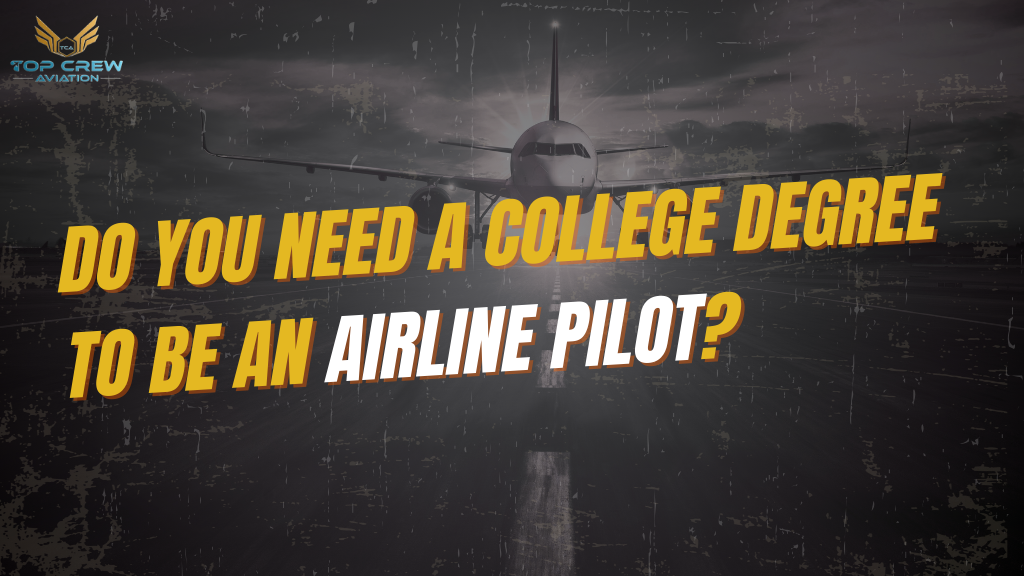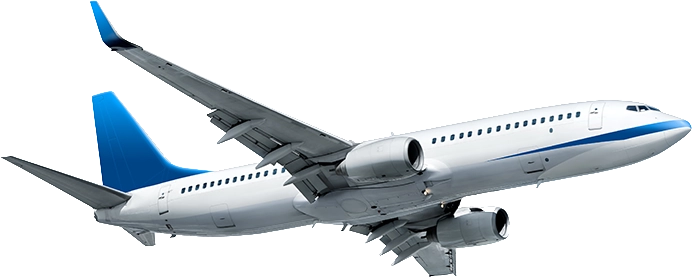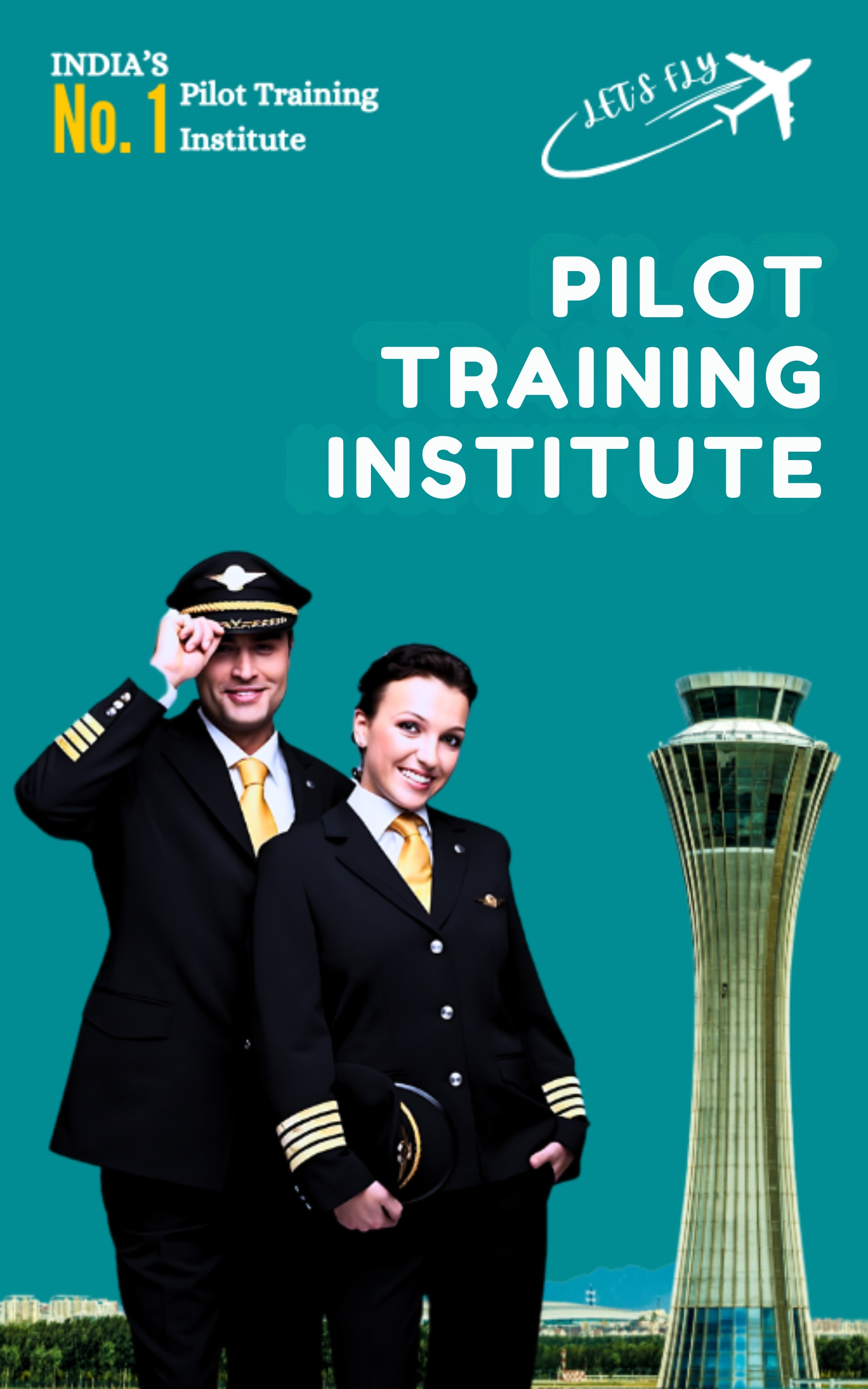Do You Need a College Degree to Be an Airline Pilot?
Flying an airplane is a dream job for many. The thought of soaring through the skies, wearing a crisp uniform, and traveling the world is thrilling. But if you’ve ever thought about becoming a pilot, one big question probably comes to mind: Do you need a college degree to be an airline pilot?
The answer isn’t as straightforward as yes or no. Some airlines require it, some don’t, and many pilots find alternate pathways to the cockpit. The good news is that a degree isn’t the only ticket to your aviation career. With the right training, licenses, and flight hours, you can still achieve your dream of flying for major airlines—even without a traditional four-year degree.
In this blog, we’ll break down:
- Whether a degree is mandatory or optional
- What airlines really look for when hiring pilots
- The role of flight schools and pilot training programs
- The advantages of having a degree
- How to start your journey toward becoming a professional pilot
By the end, you’ll have a clear understanding of whether investing years in college is worth it or if you can fast-track your way through other routes. Let’s dive in and see what’s really needed to get from classroom (or not) to cockpit.
Do Airlines Require a College Degree?
The short answer: Not always.
Traditionally, a four-year college degree was preferred for pilots flying for major airlines like Delta or American. Airlines saw degrees as a sign of discipline, critical thinking, and commitment. But today, the pilot shortage has shifted priorities.
Here’s what the hiring landscape looks like:
- Regional Airlines: Most regional carriers in the U.S. do not require a degree. They focus more on FAA licenses, flight hours, and safety records.
- Major Airlines: Some big airlines still prefer or require a bachelor’s degree, but it’s becoming less strict. Airlines like Southwest, Spirit, and some international carriers no longer make it mandatory.
- Military Pathways: If you train through the military, your flight experience often outweighs the need for a degree.
Comparison Table
| Airline Type | Degree Required? |
| Regional Airlines | Rarely |
| Major Airlines | Sometimes |
| Low-Cost Carriers | Usually not |
| International | Varies |
So, while having a degree can give you an edge, it’s not the only way in. If you meet the training and hour requirements, you can often bypass college and still get hired.
Key takeaway: A degree can help, but flight hours, certifications, and professionalism matter more in today’s aviation industry.
What Matters More Than a Degree
If a degree isn’t a must, what do airlines actually care about? Let’s look at the factors that truly make or break a pilot’s career:
1. Flight Hours
The FAA requires airline pilots to log 1,500 hours before applying for an Airline Transport Pilot (ATP) certificate. Without this, you can’t fly for airlines, degree or not.
2. Certifications & Licenses
You’ll need:
- Private Pilot License (PPL)
- Commercial Pilot License (CPL)
- Instrument Rating (IR)
- Multi-Engine Rating (MER)
- ATP Certificate
3. Training Program Reputation
Airlines value pilots trained at respected flight schools or university aviation programs. It signals quality training.
4. Soft Skills
- Communication
- Problem-solving
- Teamwork
- Leadership
5. Professionalism
Your attitude, punctuality, and safety-first mindset count as much as your flight experience.
Example: Two applicants apply for the same airline job:
- Pilot A: Has 1,500 hours, excellent training records, but no degree.
- Pilot B: Has a degree but only 800 hours.
Airlines will almost always hire Pilot A.
Key takeaway: Airlines hire pilots, not diplomas. Building experience and getting the right licenses are the real priorities.
Pros of Having a College Degree
While not mandatory, having a degree does come with benefits. Let’s explore why some pilots still choose the college route.
Advantages:
- Career Flexibility
Aviation can be unpredictable. Medical issues, layoffs, or industry downturns may push pilots to switch careers. A degree offers a backup plan. - Competitive Edge
If two applicants have the same flight hours and licenses, the one with a degree may stand out. Major airlines often prefer degree holders when competition is high. - Leadership Roles
Management and training positions at airlines often require a degree. Want to become a chief pilot or instructor? A degree can help. - Networking Opportunities
College programs connect you with aviation professionals, career fairs, and alumni networks.
Example:
Imagine you’re applying for a pilot job at Delta:
- With a degree: You meet all flight requirements and also check the “degree preferred” box.
- Without a degree: You may still get hired, but you could be passed over if competition is fierce.
Quick Comparison
| With a Degree | Without a Degree |
| More career options | Faster entry into airlines |
| Competitive in major airline jobs | Saves money and time |
| Easier transition to management | Focused purely on flying |
Key takeaway: A degree isn’t required, but it’s a safety net and can boost long-term career opportunities.
Read Also – What Is the Job Outlook for Airline and Commercial Pilots in India



